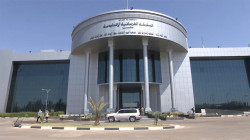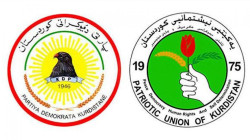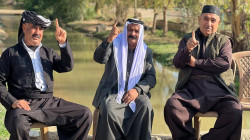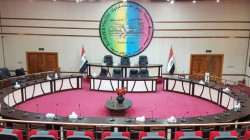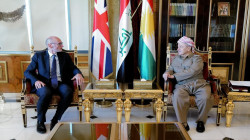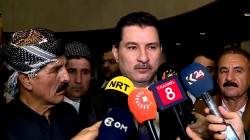KDP reaffirms stance on Kirkuk administration
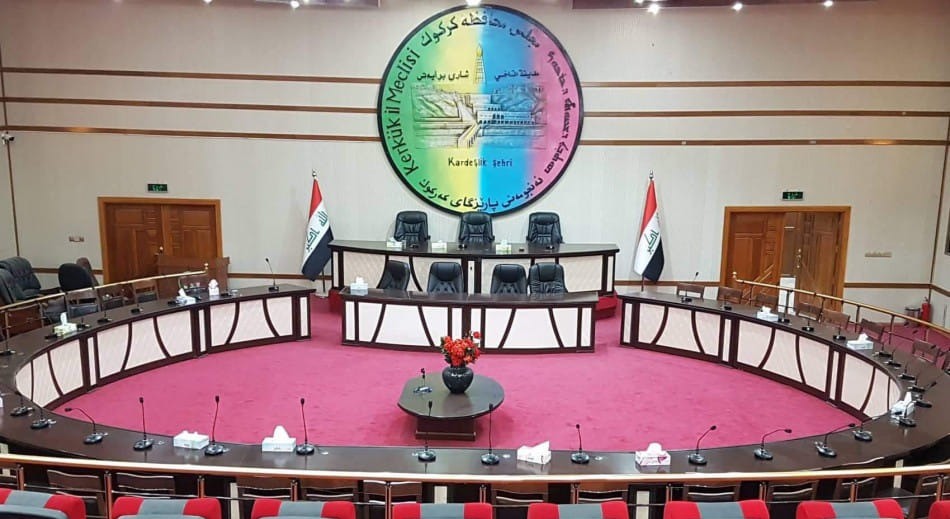
Shafaq News/ The Kurdistan Democratic Party (KDP) remains steadfast in its position regarding the administration of Kirkuk governorate, emphasizing the need for inclusive governance, according to Hassan Najib, head of the KDP bloc in Kirkuk's Provincial Council.
Speaking to Shafaq News Agency on Tuesday, Najib stated, "Holding the Kirkuk Provincial Council session last Thursday was a positive step towards finding a satisfactory arrangement for all political blocs that won in the Kirkuk Provincial Council elections."
He further explained that the KDP's stance is clear, advocating for power-sharing among all factions to foster cooperation and facilitate the formation of Kirkuk's local government.
Najib highlighted that the governor, council chairman, and other key roles should be shared among Kurds, Arabs, Turkmen, and Christians, as part of an inclusive governance model. "Marginalizing any component will undermine the administration's ability to fulfill its legal mandates and complete the formation of the local government," he added.
He emphasized that after the recent session, further discussions would be held among the blocs to agree on power-sharing, in line with the principle of inclusivity as stipulated in the Provincial Councils Law, which mandates a participatory administration in Kirkuk.
On Monday, Ahmed Ramzi, a member of the Kirkuk Provincial Council, told Shafaq News Agency that council members were not informed about any upcoming sessions.
He noted that the Prime Minister had not scheduled or notified the political blocs about a meeting.
Last Thursday, Rakan Saeed al-Jubouri, the acting chairman of the Kirkuk Provincial Council, adjourned the initial session pending political agreements on forming the local administration.
Last December, Kirkuk held its first elections. The Kurds secured seven seats: five for the Patriotic Union of Kurdistan (PUK), two for the Kurdistan Democratic Party (KDP), and one for the quota (Babylon), making a total of eight seats.
The Arabs won six seats: three for the Arab Alliance, two for the Leadership (Al-Qiyada) Alliance, and one for Al-Ourouba Alliance. The United Iraqi Turkmen Front won two seats.
The electoral scene has become complicated due to the equal distribution of seats among Kurds, Arabs, and Turkmen (8-8), preventing any side from forming the local government.
